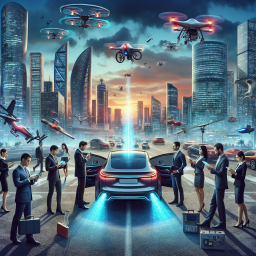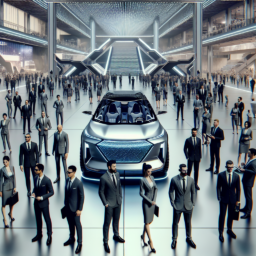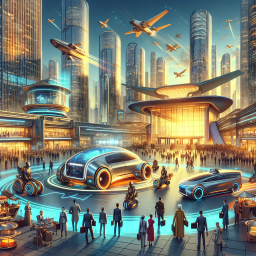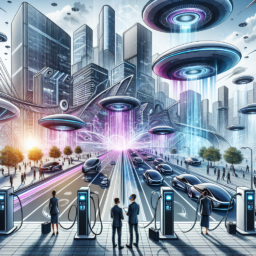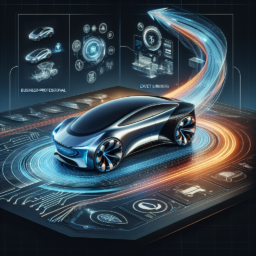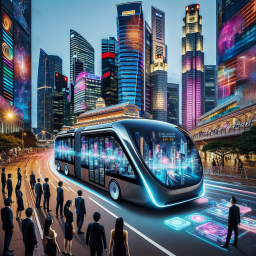
TL;DR:
– Volkswagen, Porsche, and Audi, some of the world’s top automakers, have decided to adopt Tesla’s charging standard.
– This move is seen as an effort to simplify the often confusing landscape of electric vehicle (EV) charging.
– As Tesla has the most developed EV charging infrastructure in the world, this move could provide these automakers with a competitive advantage.
– However, the adoption will depend on the compatibility between Tesla’s proprietary technology and the technology used by these automakers.
Article:
In a bold and unprecedented move, leading car manufacturers Volkwagen, Porsche, and Audi have announced their decision to adopt Tesla’s widely recognized charging standard. This development is not only set to impact the infrastructure landscape of electric vehicles (EVs) but also consumers’ experience.
EV charging has often been a complicated affair, with different brands using their unique charging methods, leading to insufficient compatibility and a less-than-optimal charging experience for EV drivers. The adoption of Tesla’s charging standard by these major automakers is expected to reduce this hassle considerably.
Tesla possesses the most comprehensive EV charging network globally, featuring both slow-charging destination chargers and fast-charging Superchargers. By leveraging Tesla’s technology, Volkswagen, Porsche, and Audi can potentially extend their EVs’ charging coverage making their electric models more appealing to potential customers.
Nevertheless, these automakers’ final decision will heavily depend on the compatibility of Tesla’s proprietary technology with their own. If successful, this collaboration could signal a significant shift in the EV industry, promoting interoperability and consumer convenience.
Personal Opinions:
I must say, this seems like a strategic move from companies like Volkswagen, Porsche, and Audi. Simplifying the charging process by adopting a recognizably dominant standard like Tesla’s could help drive consumer adoption of their EV models.
However, the challenge lies in successfully integrating the proprietary technology of Tesla into their own systems. It is a move that requires attention to technical details and potential adaptations, but if done correctly, it’s a win-win for all – manufacturers, customers, and indeed, the environment.
However, a question arises here. Will other automakers, large or small, follow the lead set by these industry giants and incline towards a common charging standard? Perhaps, is this the beginning of a new era of unified charging technology in the EV landscape?


